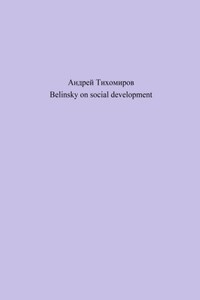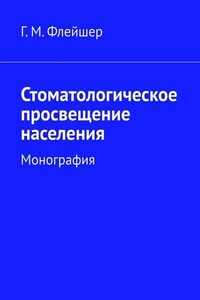Belinsky on social development
Автор книги - Андрей Тихомиров. Произведение относится к жанрам прочая образовательная литература, научно-популярная литература, литература 19 века. Оно опубликовано в 2023 году. Книге не присвоен международный стандартный книжный номер.
Vissarion Grigorievich Belinsky (1811-1848), great Russian educator, literary critic and philosopher. He collaborated in the magazine "Telescope" (1833-1836), "Domestic Notes" (1839-1846) and "Sovremennik" (1847-1848). He sought to create a universal literary criticism. Having put criticism of the existing reality at the forefront, he developed the principles of the realistic trend in Russian literature, of which he considered N. V. Gogol to be the head. In annual literature reviews, in articles about A. S. Pushkin, M. Yu. Lermontov and others, he gave a historical analysis of their work, revealing national identity, nationality, humanism as the most important criteria for the artistry of their works.










